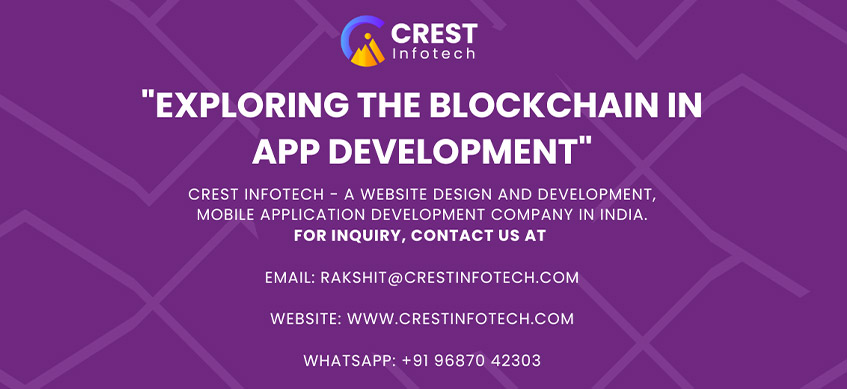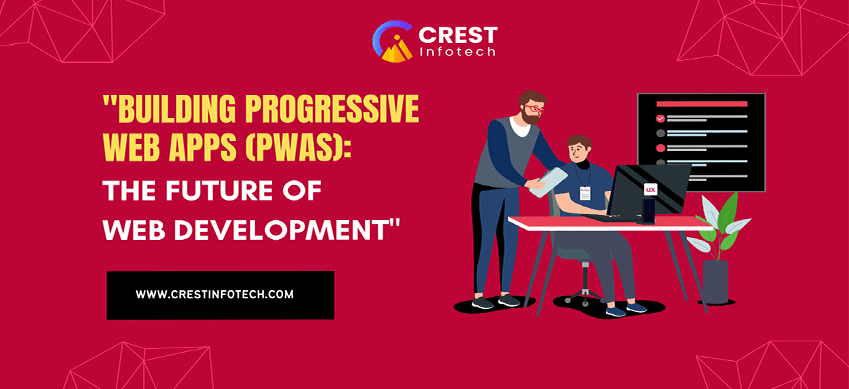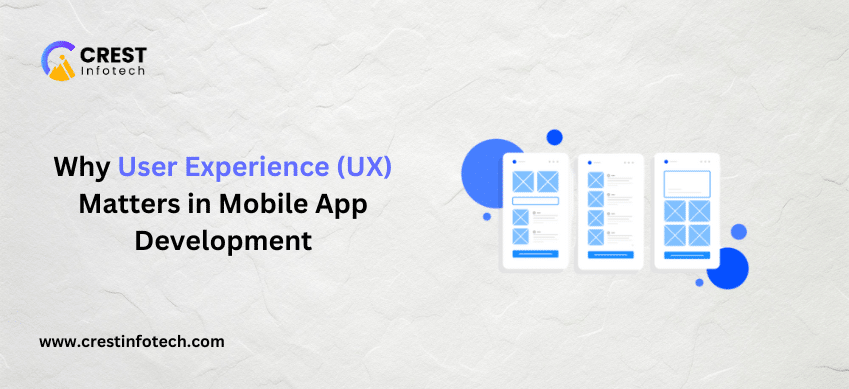Blockchain technology, originally synonymous with cryptocurrencies like Bitcoin, has evolved into a versatile tool with applications extending far beyond finance. In the realm of app development, blockchain offers unprecedented opportunities to enhance security, transparency, and decentralization. This article explores how blockchain is transforming app development and its potential future impact.
Understanding Blockchain Technology
At its core, blockchain is a decentralized and distributed ledger technology that securely records transactions across multiple computers in a network. Key features include:
- Decentralization: Data is stored on a network of computers (nodes) rather than a central server, enhancing security and reducing reliance on intermediaries.
- Immutable Records: Once recorded, data in a blockchain cannot be altered retroactively, ensuring transparency and integrity.
- Smart Contracts: Self-executing contracts coded into blockchain platforms, automating and enforcing terms without intermediaries.
Blockchain Applications in App Development
- Enhanced Security and Data Privacy:
- Data Encryption: Utilize blockchain’s cryptographic features to encrypt sensitive user data, enhancing security against unauthorized access.
- Identity Management: Implement decentralized identity solutions to secure user identities and streamline authentication processes without relying on centralized databases.
- Decentralized Applications (DApps):
- Distributed Storage: Utilize blockchain-based decentralized storage solutions (e.g., IPFS, Filecoin) to securely store app data across multiple nodes, reducing dependency on traditional servers.
- Tokenization: Integrate digital tokens (cryptocurrencies or utility tokens) within apps to facilitate transactions, incentivize user participation, and create new economic models.
- Supply Chain and Logistics:
- Traceability: Implement blockchain to track and verify the provenance of goods across supply chains, enhancing transparency and reducing fraud.
- Smart Contracts: Automate supply chain processes such as payments, shipment tracking, and contract management using blockchain-based smart contracts.
- Finance and Payments:
- Cross-Border Payments: Facilitate faster, cheaper, and more secure cross-border transactions using blockchain’s peer-to-peer networks and cryptocurrencies.
- Micropayments: Enable efficient micropayment solutions within apps, allowing users to transact small amounts economically.
- Gaming and Digital Assets:
- Digital Ownership: Utilize blockchain for verifiable ownership of in-game assets, enabling players to trade, sell, or exchange digital items securely.
- Tokenization of Assets: Tokenize real-world assets (e.g., real estate, artwork) and integrate them into apps, enabling fractional ownership and liquidity.
Challenges and Considerations
While blockchain presents exciting possibilities for app development, several challenges and considerations exist:
- Scalability: Blockchain networks face scalability issues, limiting transaction throughput and speed.
- Cost: Implementing blockchain can be cost-prohibitive due to network fees and infrastructure requirements.
- Regulatory Environment: Navigate evolving regulatory frameworks and compliance requirements related to blockchain and cryptocurrencies.
Future Trends and Innovations
- Interoperability: Develop interoperable blockchain solutions that can communicate and share data seamlessly across different blockchain networks.
- Layer 2 Solutions: Implement layer 2 scaling solutions (e.g., Lightning Network for Bitcoin, Plasma for Ethereum) to enhance blockchain scalability and efficiency.
- Integration with AI and IoT: Combine blockchain with artificial intelligence (AI) and Internet of Things (IoT) technologies to create autonomous and secure ecosystems.
Conclusion
Blockchain technology is revolutionizing app development by offering enhanced security, transparency, and decentralized solutions across various industries. As developers explore its potential, understanding the technical nuances, addressing scalability challenges, and navigating regulatory landscapes will be crucial. By leveraging blockchain’s capabilities—from decentralized applications to secure data management—developers can innovate and create apps that redefine user experiences and industry standards in a rapidly evolving digital landscape.
By staying informed about blockchain advancements, adopting best practices, and collaborating with blockchain experts, developers can harness its transformative potential to build the next generation of secure, efficient, and user-centric applications.
This article explores the transformative impact of blockchain technology on app development, highlighting its applications, challenges, and future trends shaping the industry. Adjust content based on specific blockchain use cases, technological advancements, and emerging trends relevant to your development goals.



